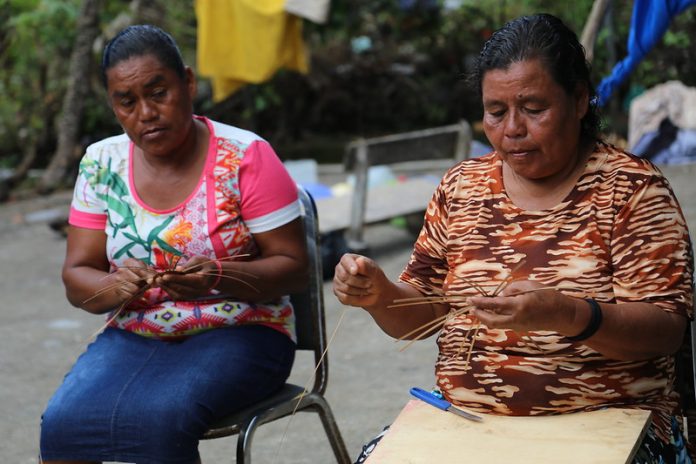WASHINGTON, USA – Dominica will strengthen its response to the economic hardship caused by the COVID-19 pandemic using US$5.2 million from the World Bank. The funds will be used to provide income support to people affected by the crisis who meet set criteria.
“The COVID-19 pandemic is causing economic and social challenges for Dominica, particularly due to necessary mitigation measures and the decline in the tourism industry. The World Bank will support the government’s social assistance measures to provide relief for Dominicans and contribute to economic recovery,” said Tahseen Sayed, World Bank Country Director for the Caribbean.
The funds will be distributed under the government of Dominica’s Livelihood Support and Social Protection Programme. Grants will be provided to over 7,000 Dominicans, targeting people who have lost income because of the pandemic as well as the poor and elderly. The program will provide grants to affected self-employed business owners and other people who have lost jobs or have had their pay reduced. The funding will also support citizens over 70 years of age who do not already have a pension. The livelihood and income support grants will be provided monthly to eligible beneficiaries for a maximum of three months. The eligibility criteria and application process are published by the government of Dominica.
These funds were accessed under the Contingency Emergency Response Component (CERC) of the Housing Recovery Project. CERCs allow funds to be reallocated from existing projects to address emergency response needs.
The World Bank Group, one of the largest sources of funding and knowledge for developing countries, is taking broad, fast action to help developing countries strengthen their pandemic response. We are supporting public health interventions, working to ensure the flow of critical supplies and equipment, and helping the private sector continue to operate and sustain jobs. We will be deploying up to $160 billion in financial support over 15 months to help more than 100 countries protect the poor and vulnerable, support businesses, and bolster economic recovery. This includes $50 billion of new IDA resources through grants and highly concessional loans.





